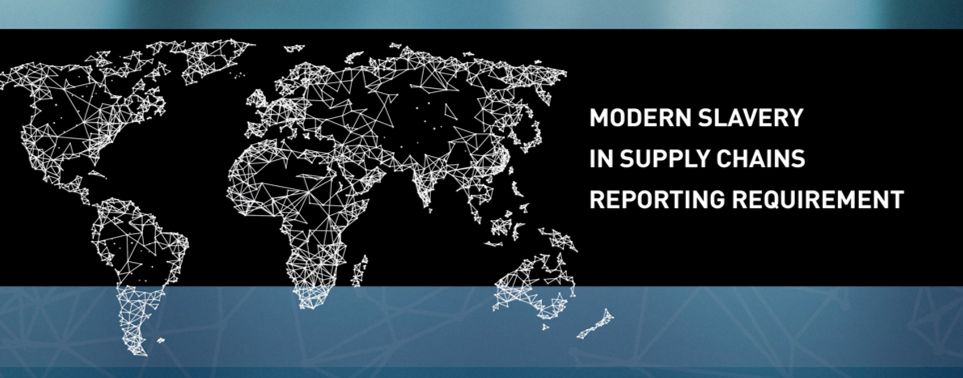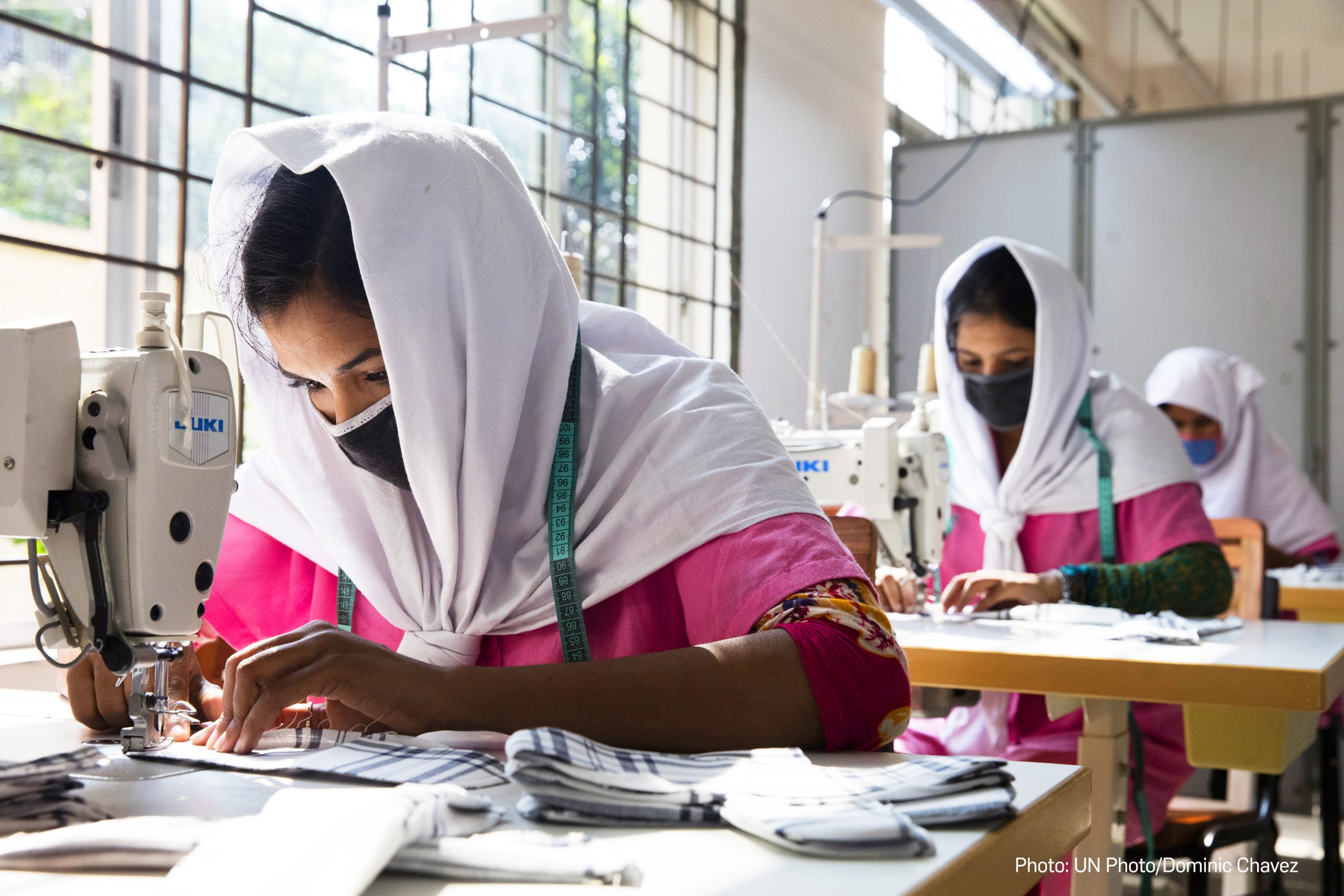
Featured, News, Resources
UN Global Compact Network Australia unveils rename, as only United Nations’ business-focused body in Australia
Kylie Porter | February 23, 2022
Today, UN Global Compact Network Australia (UNGCNA) unveils the formal inclusion of ‘UN’ within their name. The organisation was formerly known as Global Compact Network Australia (GCNA).
The rebrand comes as recognition from the United Nations of the important role that UN Global Compact local networks play in connecting, enabling and leading businesses to act responsibly – especially with just eight years left to deliver against the UN Sustainable Development Goals (SDGs).
With an unwavering commitment to helping businesses find opportunities for positive impact via sustainable practices, the UNGCNA recognises 13 years of operation in Australia bringing over 200 participants to the world’s largest responsible business initiative. Key members include: Australia Post, Brambles, Qantas Airways, Stockland, Telstra, Treasury Wine Estates, Wesfarmers Group and Woolworths Group.
As the Australian network of the world’s largest sustainable business initiative, and the only formal business-focused representation of the United Nations in Australia, UNGCNA works with the business community to uphold the UN Global Compact’s Ten Principles and deliver against the UN SDGs.
UNGCNA Executive Director Kylie Porter said: “Our enhanced brand and connection to the UN further demonstrates the global importance of UN goals for 2022. To avoid the catastrophic consequences of climate change we need a 45 per cent cut in emissions by 2030, however current projections estimate that we will see a 15 per cent increase over the next eight years. Australian businesses and governments have significant work to do in order to meet the 2030 Agenda and achieve net zero before 2050, preserving local economies and environments.
“The UNGCNA’s convening power and compelling programming enables businesses to develop and implement strategies to set ambitious science-based targets, and meet the 2030 Agenda.”
The pandemic and the associated economic crisis have strengthened the case for businesses to implement Environmental, Social and Governance (ESG) practices into their business strategies and operations. It has demonstrated that ESG activities are fundamental to a successful business.
According to the International Monetary Fund1 (IMF) to ensure a strong economic recovery from the pandemic we need over USD$20 trillion in investment over the next 20 years to reduce the impact of climate change and progress towards the SDGs. The viability of our economy depends on protecting livelihoods.
Porter continues: “Australian businesses must prioritise responsible business practices and align investments to ESG principles. As a country with a strong reliance on trade, we are in a unique position to influence global business practices through the local integration of the SDGs and by developing transition plans that are aligned to Science-Based Targets that are global, holistic and just in nature. With a Federal Budget and election taking place this year, we continue to urge the Australian Government to formally prioritise a low-carbon economy.”
UNGCNA Chairman, Dr. David Cooke said “The global agenda this year is highly focused on building a more sustainable global economy and progressing towards a prosperous future, this includes diligently protecting human rights through legal instruments and on-the-ground activities.
“Australia has the opportunity to be one of the leaders on sustainable investment, social good and transformational governance. This requires collaboration and commitment from all sectors of society, including business and government leaders. UNGCNA will continue to connect, enable and lead businesses and stakeholders to find opportunities for positive impact.”
UNGCNA will move to update brand naming across external communications including its website, social media and EDM content from this announcement.




